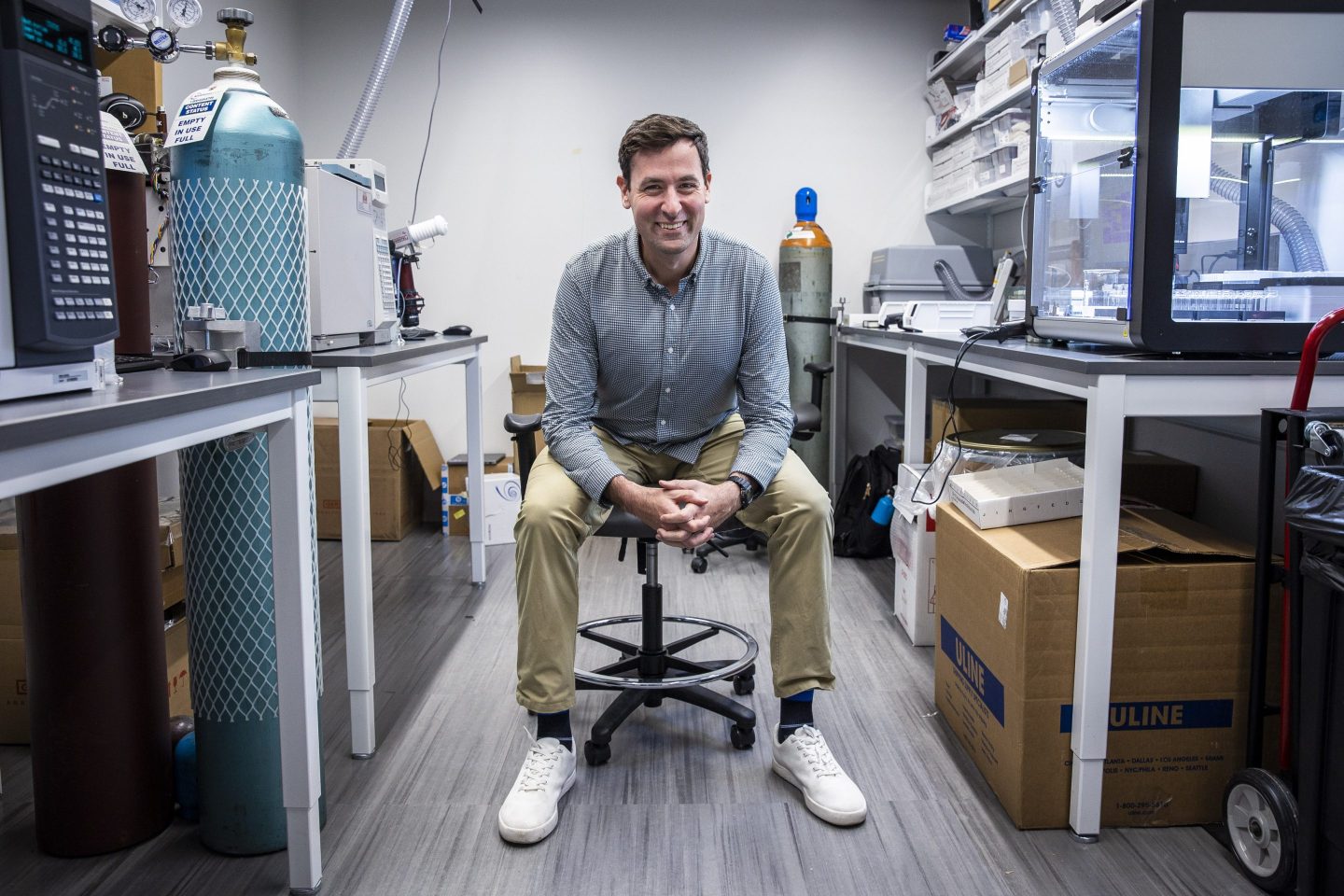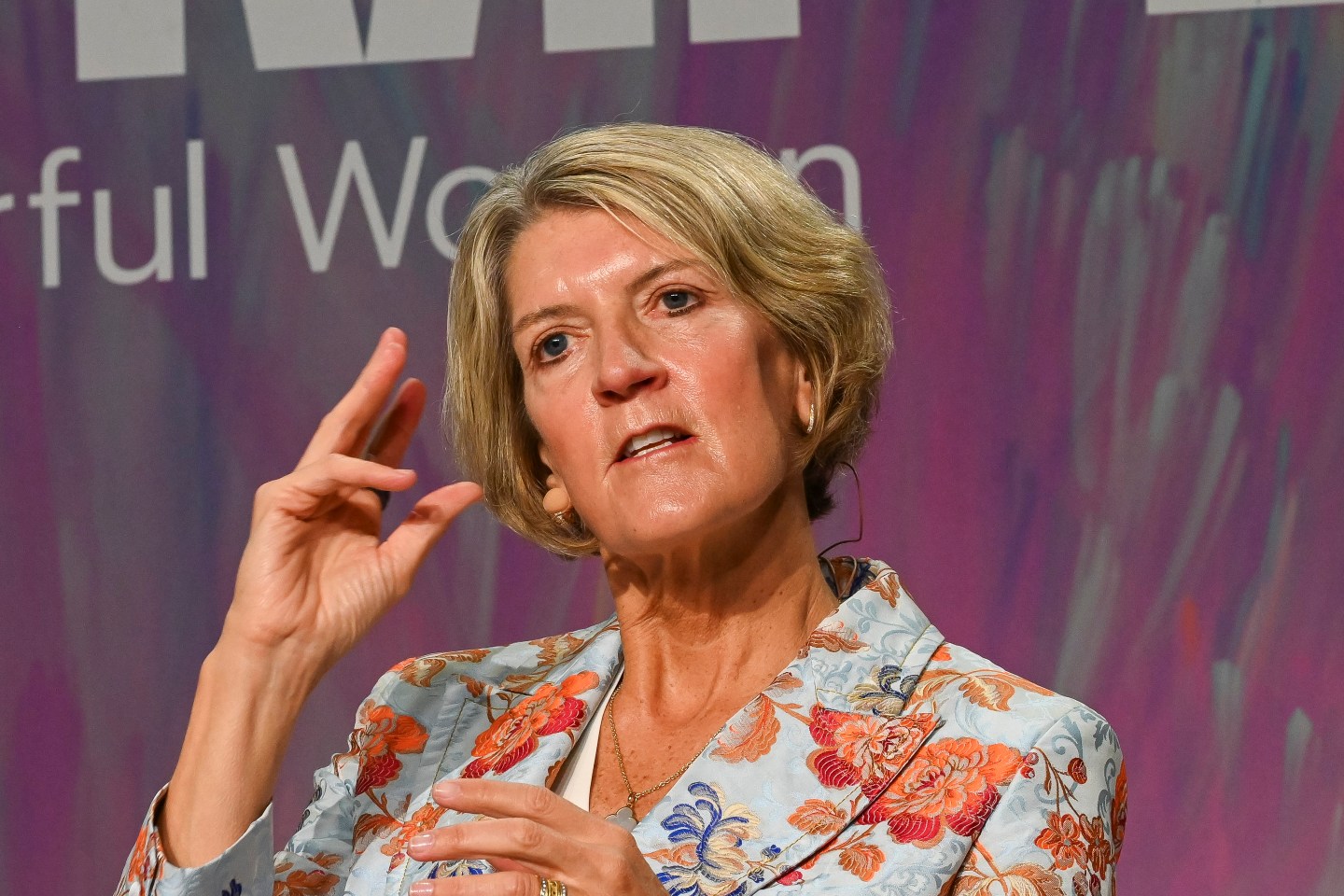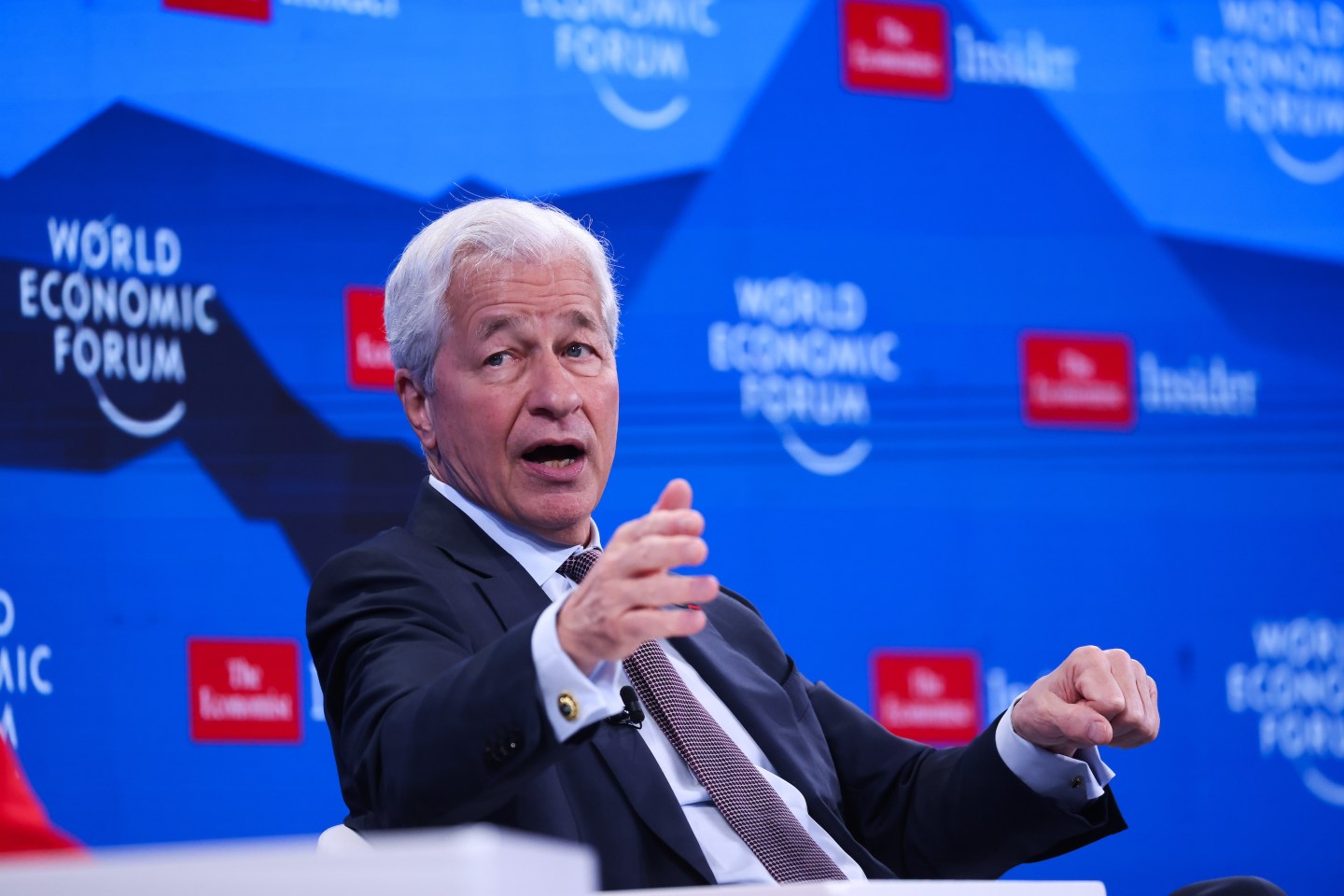Alex Wiltschko started collecting fragrances when he was 12. He would go to T.J. Maxx every few weeks to search for discounted perfumes, waiting until they were marked down enough that he could afford them. He ended up pursuing a doctorate in olfactory neuroscience. “I went to the edge of what we know as a species about how smell works,” he said. “It turns out it’s not that much.”
Wiltschko was also a computer nerd—a combination, he jokes, that didn’t make him super popular in high school, but it worked out for him in the end. Today, Wiltschko is the founder and CEO of Osmo, a company that uses artificial intelligence to digitize the sense of smell—or, to put it another way, that gives computers the sense of smell. The company, which works with anyone from Instagram influencers to laundry brands to StockX, spun out of Alphabet’s Google and has raised more than $60 million in funding, including from Lux Capital and GV.
As AI eats the world, it’s rare for a breakthrough company to have such a tangible, physical use case. That stems largely from Wiltschko himself, who may be the only person in the world suited to found a company such as Osmo. “I live at this very thin intersection of AI and olfaction,” he told me when I visited Osmo’s New York headquarters in March. I asked him how many people fit that profile. “One,” he responded, laughing.
After finishing his PhD, Wiltschko started and sold two AI companies, one to a biotech firm and one to Twitter, where he started the deep learning group. He then left for Google Brain, where he created Alphabet’s olfaction group. “Google knows what the world looks like and what it sounds like,” he said. “We had this thesis that if we could figure out what the world smells and tastes like, the product surface would be really, really interesting.”
After five years of working on the project, Wiltschko realized that the best way to scale would be to build a separate company, which he was able to do with the blessing of Google. He founded Osmo in 2022, which now has around 70 employees and operates what looks more like a lab than a software company. “This is where we do all of our mad scientist, Breaking Bad stuff,” Wiltschko joked as he led me through a tour, gesturing at a sprawling workspace cluttered with beakers, vials, and myriad gadgets.
To accomplish its mission, Osmo is using AI to discover new forms of matter by filtering through billions of possible molecules to predict what they’ll smell like, if they’ll be safe, and if they’ll be affordable—and then creating them in its lab. The startup does so with a proprietary AI system—which it calls Olfactory Intelligence, or OI—that it built from the ground up, drawn from a massive training set. “We’re able to take and organize all the world’s information and actually make it useful in terms of interpreting it as olfaction,” Wiltschko said. Interpreting a spring day as fragrance notes, for example, might involve both understanding existing market product formulas, as well as downloading the entire internet to dissect abstract expressions into chemical formulas.
Osmo’s CTO used to be the data architect for Nvidia’s autonomous vehicles program. The company also employs one of the world’s 30-odd master perfumers, Christophe Laudamiel, who has created scents for Abercrombie & Fitch, Beyoncé, and Tom Ford.
The company is still working out its business model. For now, Osmo is mostly B2B, such as helping influencers launch a perfume line or existing fragrance brands reduce costs or expand offerings, as well as working with other types of scent-centered businesses like cleaning care companies. A second product line is creating “electronic noses.” Osmo deployed the concept for the shoe marketplace StockX to help it detect counterfeits, and could be expanded in any number of use cases, like assessing air safety or monitoring blood sugar levels.
Another possibility would be to eventually expand to a consumer model, and potentially launch its own products, or a way for people to design their own scents. “As our capabilities mature, there are a lot of options to bring this to more people and to hopefully democratize perfumery over time,” Wiltschko said.
For a man who has dedicated his life to olfaction, Wiltschko had a ready answer when I asked him about his favorite smells. For fragrances, he pointed to Jean-Claude Ellena, the former in-house perfumer at Hermès. “But my favorite scent is honestly the skin of my loved ones, so my wife’s neck when the sunlight is hitting it, and then the top of my baby’s head,” he said.
Some things are better left to nature.
Leo Schwartz
X: @leomschwartz
Email: leo.schwartz@fortune.com
Submit a deal for the Term Sheet newsletter here.
Nina Ajemian curated the deals section of today’s newsletter. Subscribe here.
Term Sheet Next is a new series from Fortune’s Term Sheet team, spotlighting the rising innovators and dealmakers shaping the future of finance and tech. Our goal is to answer the question: Who’s next and what’s next?
VENTURE DEALS
- Goodfire, a San Francisco-based AI Interpretability research company, raised $50 million in Series A funding. Menlo Ventures led the round and was joined by Lightspeed Venture Partners, Anthropic, B Capital, and others.
- Nyobolt, a Cambridge, England-based charging technology developer, raised $30 million in funding. IQ Capital and Latitude led the round and were joined by Scania Invest and Takasago Industry.
- Brandlight, a Tel Aviv-based AI-powered brand visibility platform, raised $5.8 million in funding. Cardumen Capital and G20 Ventures led the round and were joined by others.
- Theseus, a San Francisco-based drone navigation technology developer, raised $4.3 million in seed funding. First Round Capital led the round and was joined by Y Combinator and Lux Capital.
- Finch, a New York City-based pre-litigation platform for personal injury law firms, raised $3.8 million in funding. Sequoia Capital led the round and was joined by Jason Boehmig and others.
- NiaHealth, an Edmonton, Canada-based preventative healthcare company, raised $2.5 million in pre-seed funding. Version One Ventures led the round and was joined by Garage Capital and Union Capital.
PRIVATE EQUITY
- Comau, a portfolio company of One Equity Partners, agreed to acquire Automha, a Bergamo, Italy-based warehousing and intralogistics solutions provider. Financial terms were not disclosed.
- Superior Concrete Products, a portfolio company of MAG Capital Partners, acquired Advanced Forming Technologies, a Salt Lake City-based precast concrete wall forming systems company. Financial terms were not disclosed.
- World Wide Professional Solutions, a Queensbury N.Y.-based semiconductor projects solutions provider, merged with Cumming Group, a New York City-based project management and cost consulting services provider backed by New Mountain Capital and Tailwind Capital. Financial terms were not disclosed.
OTHER
- Securitize acquired the fund administration business of MG Stover, a Denver-based fund accounting and administration services provider. Financial terms were not disclosed.
FUNDS + FUNDS OF FUNDS
- Five Arrows, the London-based alternative assets arm of Rothschild, raised €2 billion ($2.3 billion) for its sixth fund focused on secondary investments in the healthcare, business services, software, and IT sectors.
- Crayhill Capital Management, a New York City-based alternative asset management firm, raised $1.3 billion for its third fund focused on specialty finance platforms in the residential housing, energy, commercial real estate, and other sectors.
PEOPLE
- SK Capital Partners, a New York City-based private equity firm, added John Novak as a managing director and head of business development. Previously, he was at Paine Schwartz Partners.













